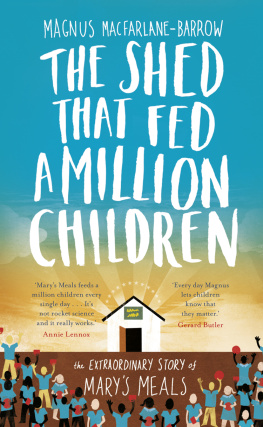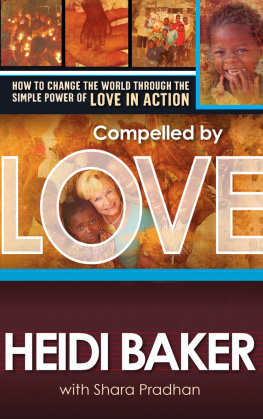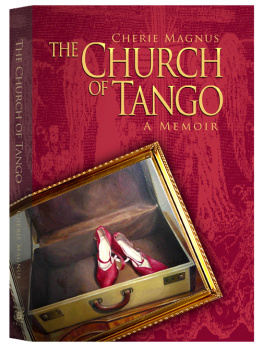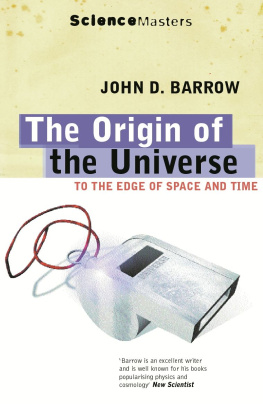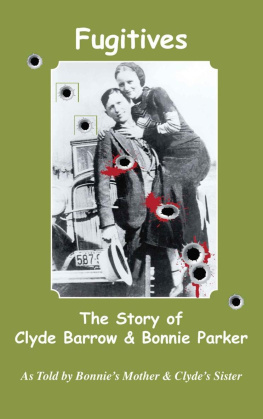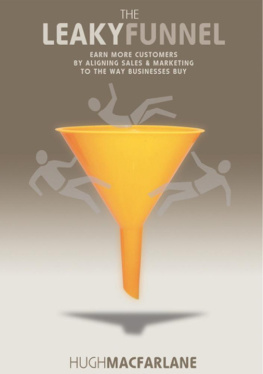have been nothing at all to write about.
Thank you for loving me.
I am writing this in my fathers shed. An east wind is blowing from behind Ben Lui, whose snow-powdered flanks I can see through the window above my desk. Some of the cold air buffeting and moaning around my corrugated-iron shelter has found a way in. There is a draught gnawing my feet. I can hear someone using a power saw in the distance, perhaps my brother-in-law at the firewood, and every so often a tractor chugs down the track towards the farm.
We dont know exactly when the shed was built. It was certainly here a long time before we arrived in 1977. It is clearly marked on a map, dated 1913, hanging in an old wood-panelled corridor of Craig Lodge (my favourite part of the house when it was our family home), meaning it has been standing here for over a hundred years. That the shed is quite clearly leaning to one side today is therefore easily forgiven and it is understandable, perhaps, that I can now hear something clanking in the wind on the roof above me.
Initially, after we arrived, it served as Dads garage and workshop. It was the perfect size for parking the old Land Rover, in which I would one day learn to drive. Later, he converted it into a playroom, surprising us one Christmas by opening its door to reveal a magnificent pool table. My brothers and I spent many hours enjoying that gift, while at the back of the shed, right outside my window, was our football pitch. Seumas, Fergus and I played for hours there every day, shooting at home-made wooden goals, our pounding feet creating a muddy, grassless strip. In the winter months, when the darkness arrived frustratingly early, we would sometimes turn on the lights of the shed and all the neighbouring outbuildings, in a desperate attempt to create enough illumination for at least a few extra minutes of play. Later, in our rather wild teenage years, friends would join us in the pool shed. Sometimes beer would be smuggled in. Once, when my parents were away, it was the catastrophic scene of the experimental sampling of my home-made cider. I had brewed this secretly, using apples from trees in the little orchard above where my own house stands today. I have never been able to drink cider since.
Later, after we had left home and Craig Lodge had become a Catholic retreat centre, the shed, for a few years, became a little rosary factory, where members of a resident youth community made prayer beads of various styles and colours. Then, in 1992, I asked Dad if I could borrow this shed, as well as the one next door, to store donations of aid that were arriving in response to a little appeal we were making for the refugees in Bosnia-Herzegovina. Of course he didnt hesitate in saying yes. Indeed, he and Mum were doing most of the work involved in collecting and preparing the aid. Even if he had known then that he would never get either of his sheds back I believe he still would have agreed, mainly because he is a man more generous than any other I have met, but also because it would have given him an excuse to build some new sheds. Fortunately, this is something Dad loves to do. He is, in fact, a serial shed-builder.
Eventually, after serving for some years as a storage space for parcels of clothes, food, toiletries and medical equipment, the shed became our office, first for me as the sole employee of the charity, before I was joined by my sister Ruth and eventually a team of five. At this stage it was so cramped that some, without desks, worked with laptops on their knees. And so at this point Dads adjoining shed was demolished and he along with George, a very gifted friend of ours, constructed an amazing purpose-built timber office with their own hands. It is a thing of beauty and extremely practical too. But when the time came to move into the bright new office, I chose to stay here, in the old shed. This was a good decision. To some it may seem odd, perhaps even stupid, to retain the HQ of a global organization in this lopsided and tired-looking shed, in a very remote part of Scotland. But being here helps remind me how and why we began this work. Besides, I know some people, living in poverty, who would be deeply grateful to have a house as large and secure as this for their family to live in.
Indeed, among the collection of photographs and notes stuck to the wall above my desk is one of a family who lived in a house as small and more sparsely furnished than this. My meeting with them in 2002 during a terrible famine in Malawi, ten years after we had driven that first little collection of aid to Bosnia-Herzegovina, changed my life and thousands of others forever.
In the picture six young children are sitting beside their dying mother. She is lying on a straw mat. I remember it being unpleasantly hot inside their mud-brick house. My shirt was drenched and even though I stooped, my head rubbed their low ceiling. I felt awkward; like an oversized intruder in their tiny home at the most intimate of family moments. But they had welcomed me in warmly and so I squatted down beside them to talk. My eyes, with the help of some light that was seeping in through a small glassless window, had adjusted to the deep gloom inside the tiny space and I could see that Emma, wrapped in an old grey blanket, was wringing her hands continuously as she spoke to us.
There is nothing left now except to pray that someone looks after my children when I am gone, she had whispered, and, softly, she began to tell me about the reason for her torment.
Her husband had died a year previously, killed by AIDS, the same disease that was now about to steal her from her children. All of the adults she knew in the village were already caring for orphaned children in addition to their own. She did not know who would be willing to look after hers, she explained. Her physical pain was excruciating too. The neighbour who was looking after Emma, and who translated our conversation, was a trained home-based carer and was doing her heroic best to ease Emmas suffering, but she was unable to offer even a simple painkiller, never mind drugs to treat HIV/AIDS. Not that those drugs would have helped much anyway, because for them to be effective a patient needs to be eating a healthy, nutritious diet. Emma and her children had not had enough food to eat for a long time. Their hut was surrounded by parched fields in which their maize had not grown properly that year. The tummy of Chinsinsi, the youngest child on the mat, was noticeably distended from his malnutrition.

